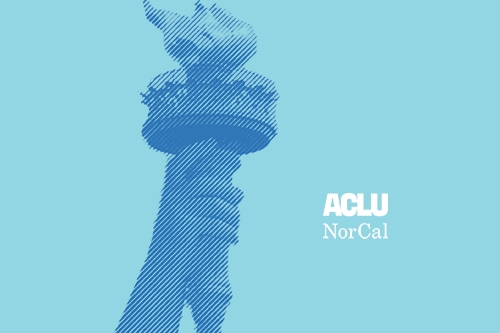Article Media

West Sacramento – The American Civil Liberties Union of Northern California today filed a motion asking the Yolo County Superior Court to set aside a sweeping permanent injunction issued against alleged members of West Sacramento’s “Broderick Boys” gang on February 3, 2005.
The motion was filed on behalf of Angelo Velazquez, Jason Swearengin, Benjamin Juarez, and Keith Edwards. These residents were never given any notice that the District Attorney was seeking to impose on them this permanent injunction during the month long court proceeding, and thus never had the opportunity to defend themselves. They only learned of the injunction a week after it was issued, when teams of law enforcement agents showed up at their door and served the permanent injunction on them and dozens of other alleged gang members.
West Sacramento police claimed in court papers filed Dec. 30, 2004, that they had identified 350 members of the Broderick Boys. Yet the District Attorney chose to serve only one person, who was residing out of County, and did not provide any further notice to any of the alleged gang members until the case was concluded a month later. Thus, the judge never heard any opposition to the District Attorney’s claims and legal arguments.
“The stealth procedures adopted by the District Attorney resulted in the constitutional rights of hundreds of people, and their families, being taken away without any opportunity for their day in court,” said ACLU-NC Legal Director Alan Schlosser. “As a result, the court only heard one side of the story. Due process requires more.”
Jason Swearengin agrees: “The police didn’t have any trouble finding me in order to serve me with the injunction on February 9, after it had already been issued. They could have found me just as easily before the injunction was issued so that I could have had a chance to defend myself. It seems like I was tried and convicted – all without me having a chance to defend myself.”
The permanent injunction covers 80% of the city and imposes a lifetime 10 p.m. curfew. It also requires that those targeted by the injunction not be seen in public or “anyplace accessible to the public” with one another, except at school or church, even though no one outside of law enforcement yet knows who has been served. In fact, the District Attorney’s office warned that anyone covered by the injunction could be arrested if they attended a demonstration at West Sacramento’s City Hall protesting the injunction.
Kelly Woodruff, cooperating attorney with Farella, Braun & Martel, adds: “Every person in this country has fundamental constitutional rights, regardless of their circumstances or their station in life. The injunction that was obtained in this case without any notice to the people affected, deprived hundreds of individuals and families in this city of their right to due process and their right to be heard.”
Some residents of the area say their community has been torn apart by the injunction. “Friends and family members can no longer go to family barbecues or attend each other’s children’s birthday parties,” said community activist Martha Garcia. “They can’t go to the movies together, they can’t attend night school because classes get out after the curfew. This injunction harms the quality of life of our community.”
Rose Trujillo, 78, said: “I’ve lived here for more than half a century and I’ve raised my children and grandchildren here. My son David is a decorated Vietnam War veteran who spent about 12 years as a West Sacramento police officer. Until last year, I attended mass at Holy Cross church every Thursday night without any problem and only stopped doing so because of health problems. And during all these years, I’ve never felt afraid in my community. That is why I know this injunction is wrong.”
Also representing the moving parties are cooperating attorneys Douglas R. Young, and James C. Mann of Farella, Braun and Martel and Ann Brick and Jory Steele of the ACLU of Northern California. Barry Simon of Simon & Unger is the investigator.
